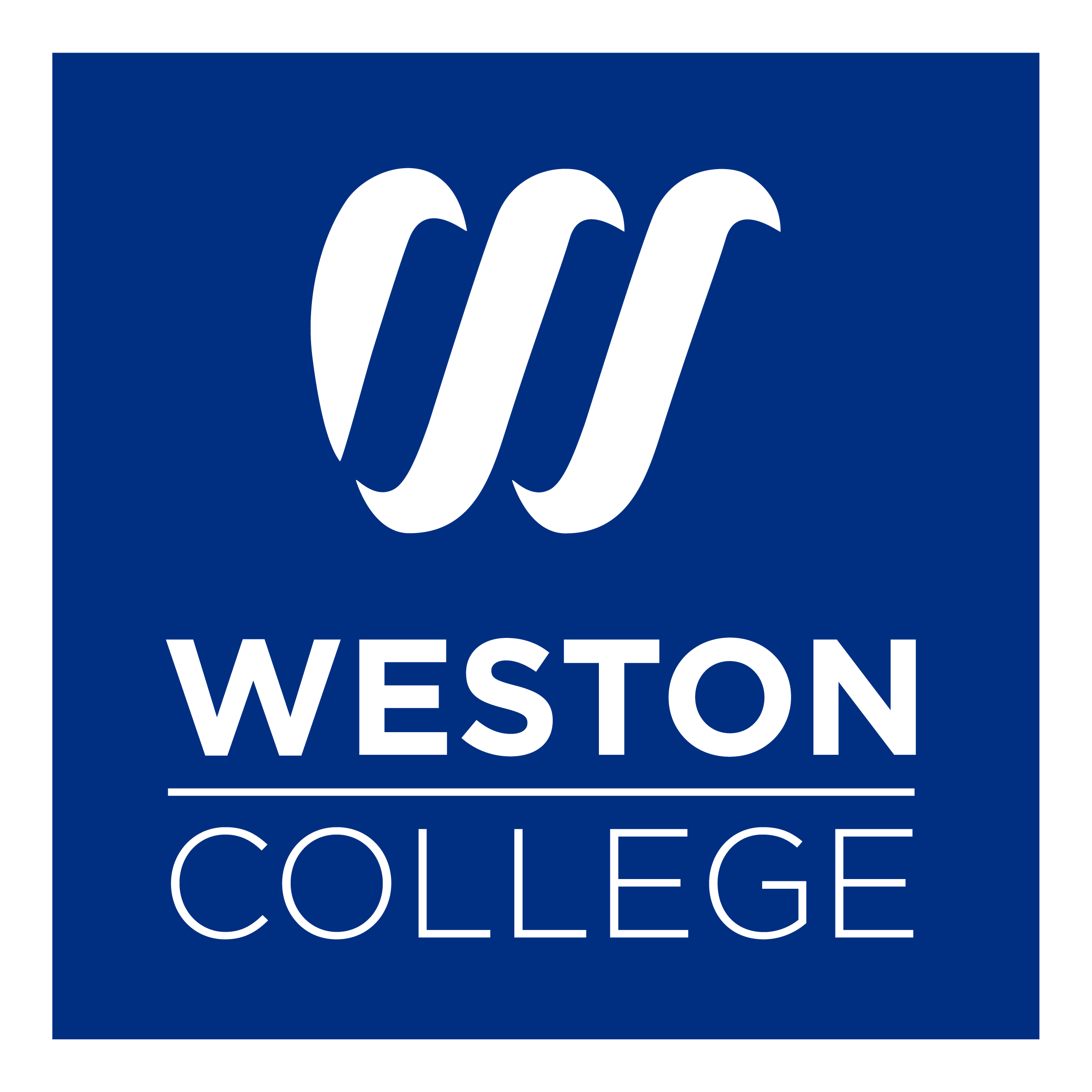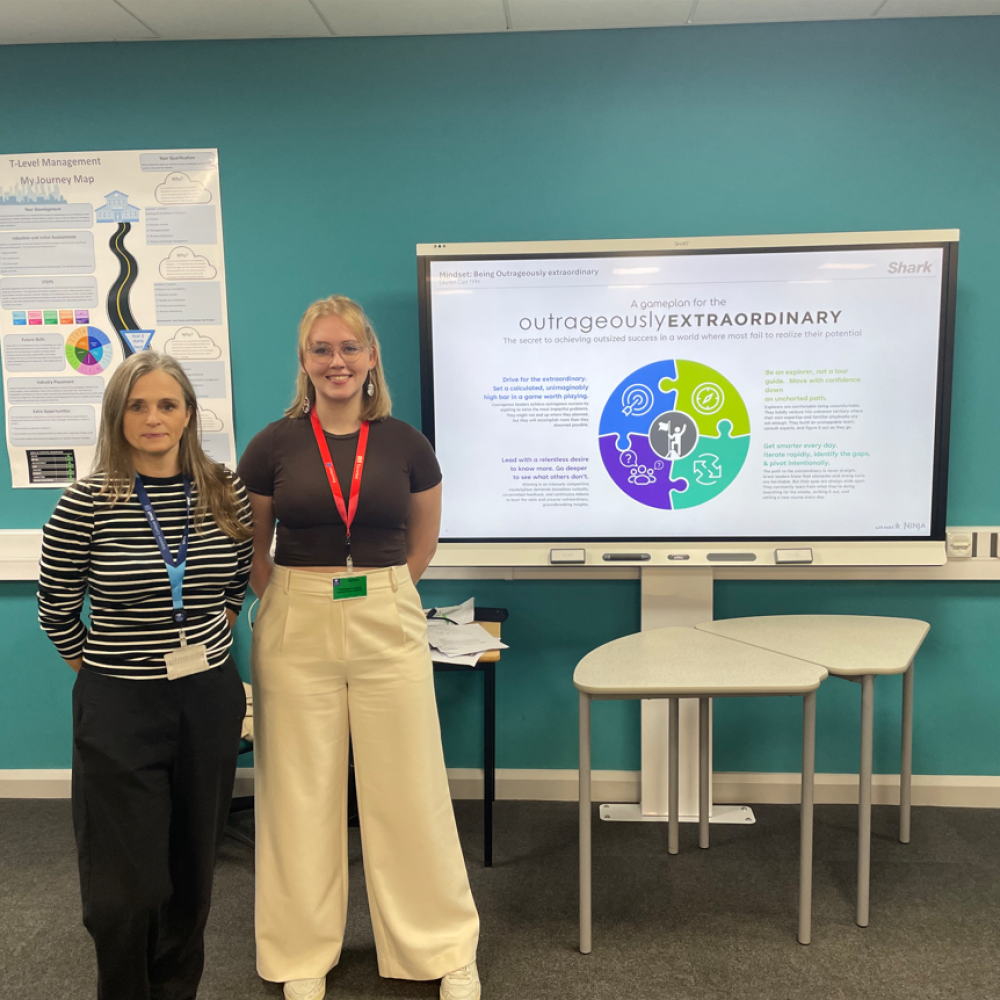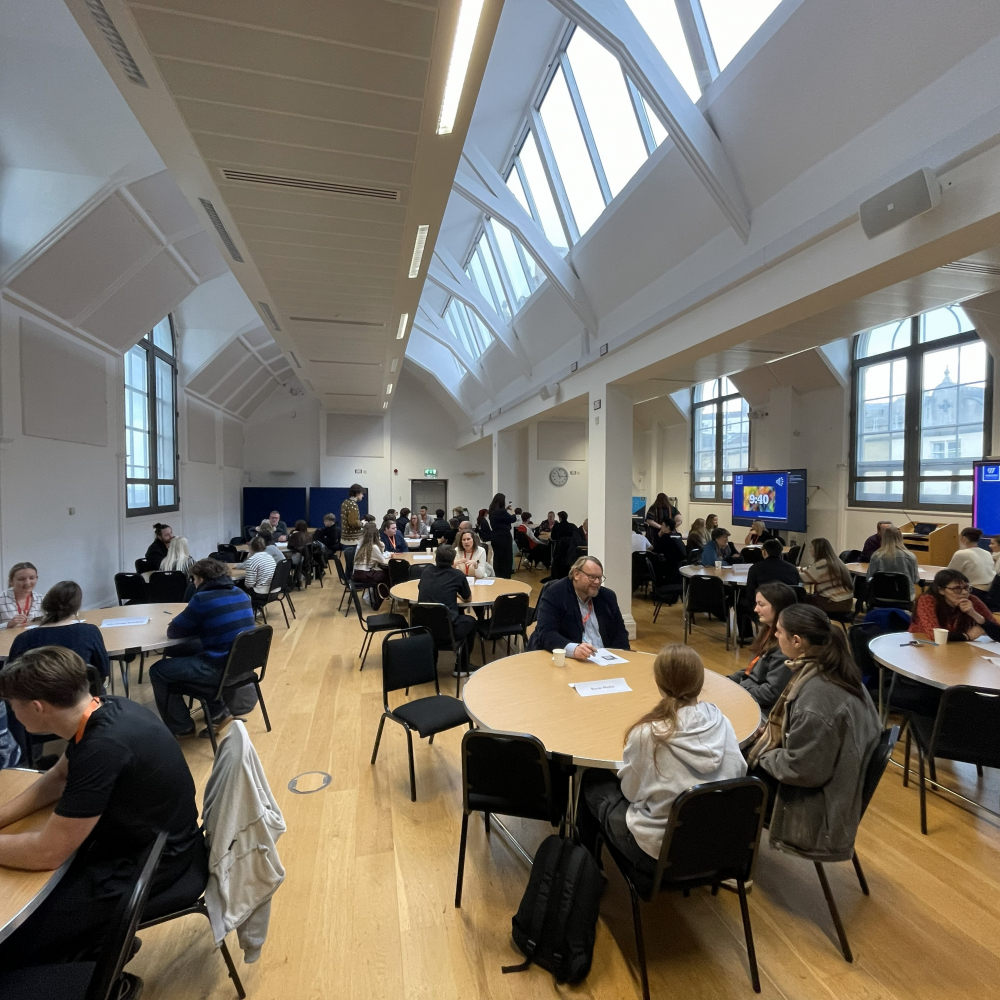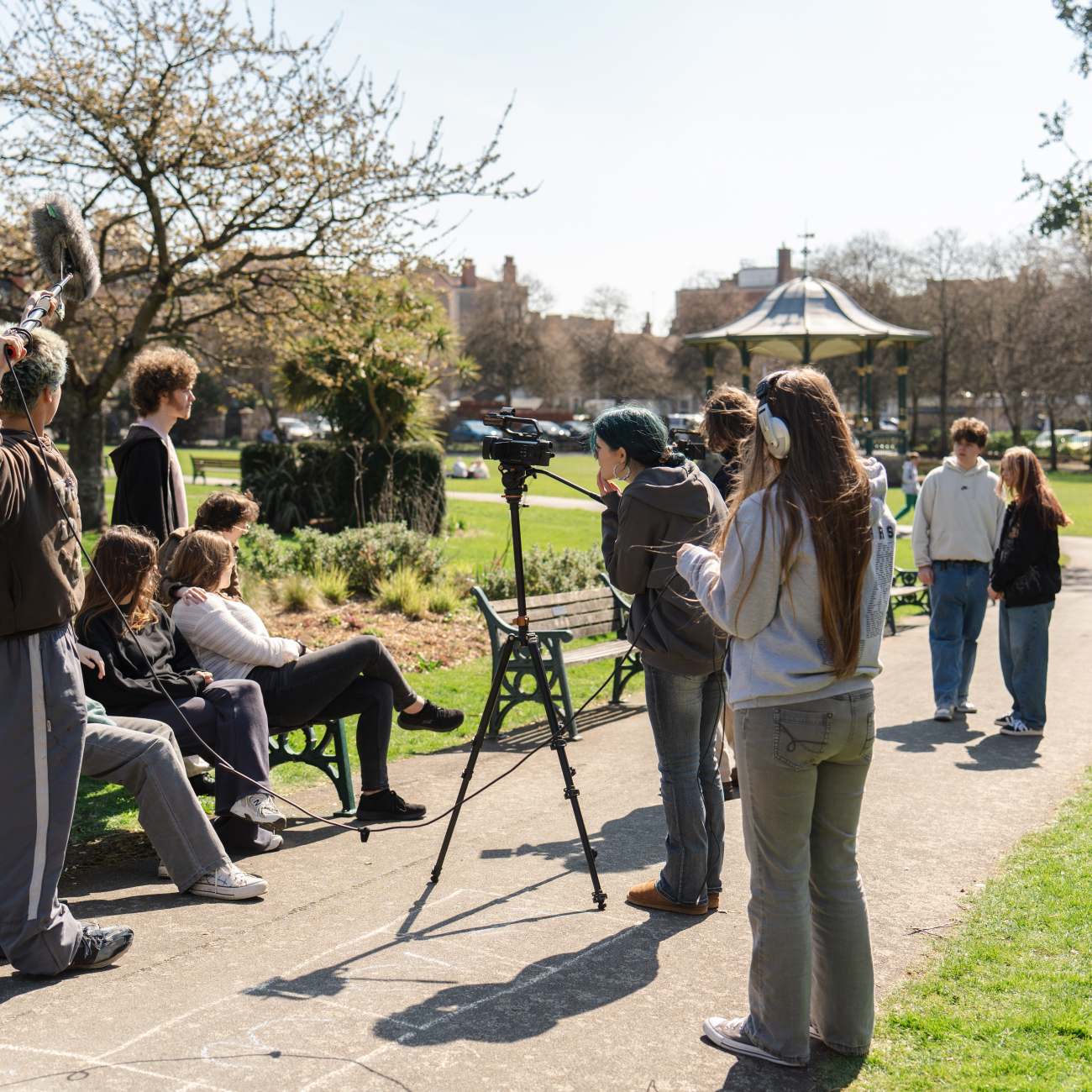
From Complex to Clear: A Leadership Journey in Personal Development and Curriculum Change
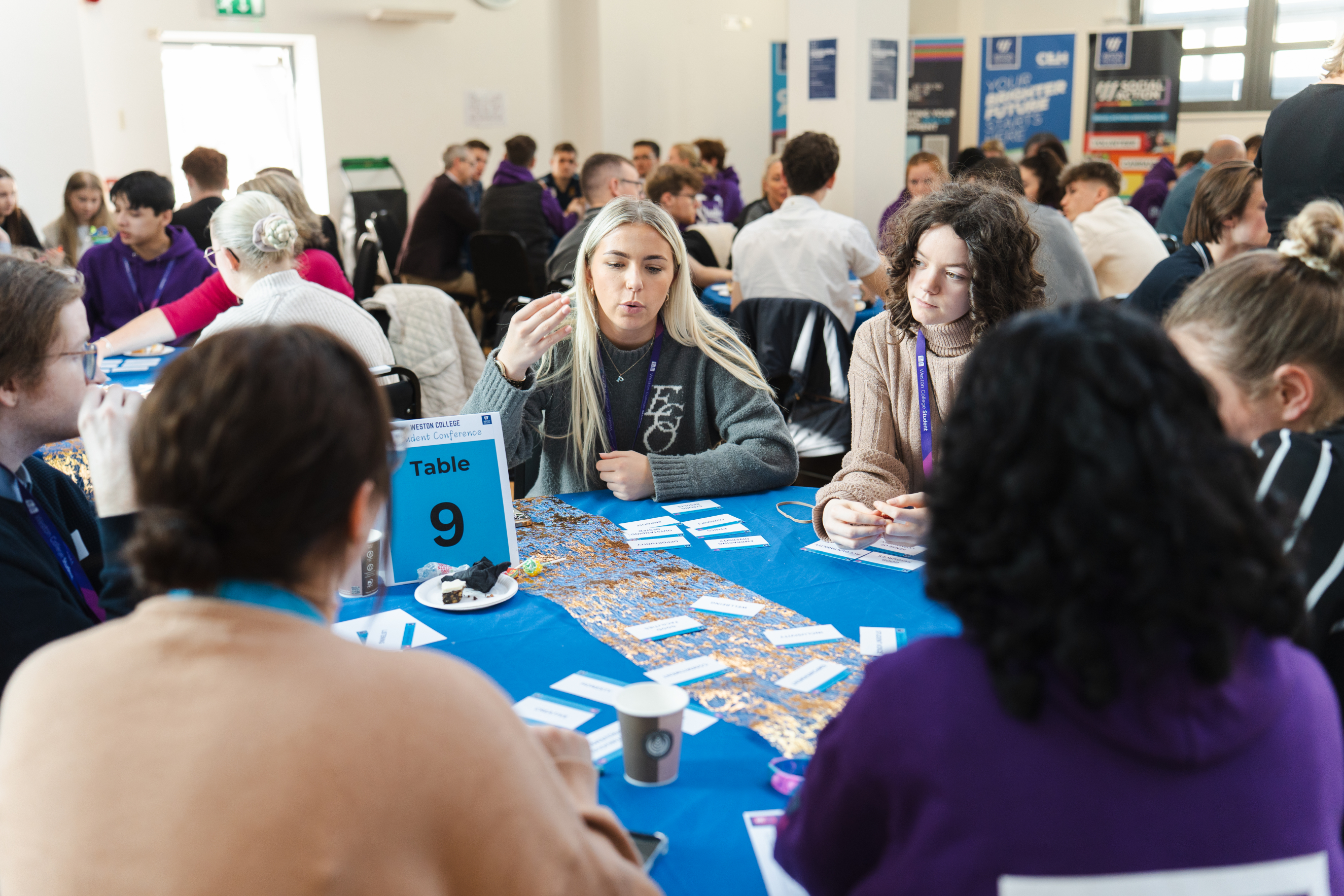
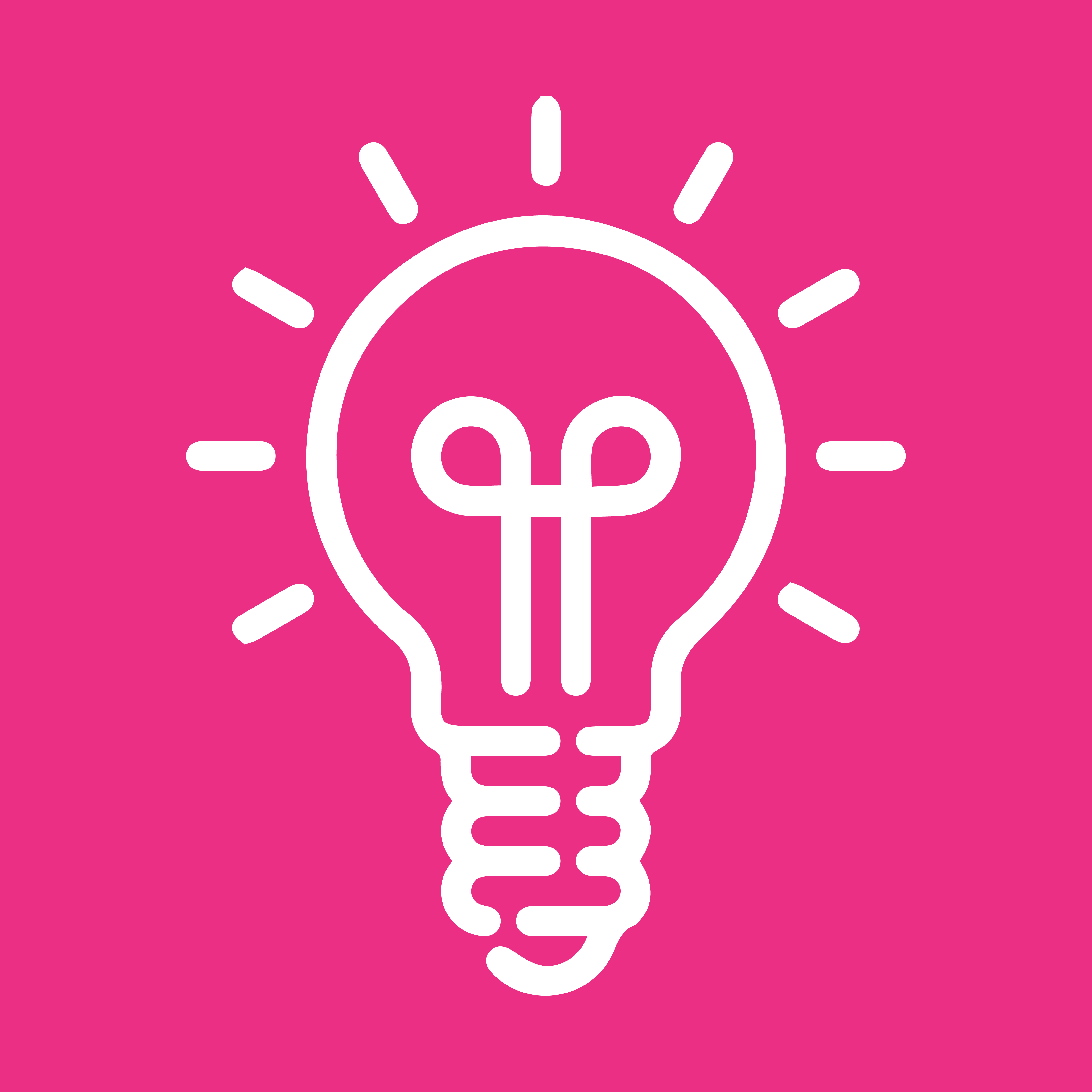
Thought leadership
“We just don’t have time to deliver wider personal development – we need to focus on getting learners through their qualifications.”
This was a comment from one colleague, but it reflected a much wider conversation happening across the college. As Head of Personal Development and Student Voice, with responsibility for Careers and Employability and Student Engagement, I had the privilege of seeing the whole picture — and the reality was, there was already some excellent personal development practice happening in pockets across the college. Inspiring guest speakers, impactful enrichment, meaningful one-to-one conversations with tutors, brilliant careers advice and guidance — but these moments often felt fragmented, inconsistent, or overly dependent on the enthusiasm of individual staff.
At the heart of the challenge was a lack of shared understanding about what ‘personal development’ actually meant. Was it safeguarding? Wellbeing? Equality and diversity? Social action and volunteering? Was it setting personal targets, attending guest speaker sessions, or taking part in student voice activities? Did it sit within the curriculum or beyond it? And where did national agendas like Consent, Prevent, or Careers Week fit in? For some, personal development meant educational trips and visits; for others, it was about effective one-to-one coaching conversations.
This lack of clarity and cohesion made it easy to see personal development as something optional — a ‘nice to have’ rather than essential learning. And yet, from my experience both in Quality and in Personal Development leadership, I knew that when personal development is done well, it isn’t just powerful for learners, it transforms the culture of the whole college community.
This led to where we are now with a newly designed, cohesive framework for personal development for all learner types including apprentices and adults.
The framework still allows autonomy and flexibility however it aligns our key focuses together within the STEPS framework. The STEPS framework is a powerful acronym which stands for Skills, Topical Points, Engagement, Progression and Self-Management. It also emphasises the fact that personal development is the cornerstone for successful progression elaborating on our college motto of creating brighter futures – the personal development is curriculum is ensuring steps for a brighter future.
How did we respond to this?
Launched in July 2024 for implementation in September 2024, this marks the first-ever year of our STEPS framework. This newly designed, cohesive approach to personal development supports all learner types, including apprentices and adult learners. While the framework maintains autonomy and flexibility, it also ensures alignment across our key focus areas within the STEPS framework.
What is STEPS?
The STEPS framework is a powerful acronym representing Skills, Topical Points, Engagement, Progression, and Self-Management. It reinforces the idea that personal development is the foundation of successful progression, building on our college motto of Creating Brighter Futures. Through this curriculum, we are ensuring that every learner takes meaningful steps towards a brighter future.
The expectation is that the curriculum must plan for all areas of STEPS in relation to the intent of the programme and be able to self-assess against this. Within the 16–19 curriculum, a more detailed programme supports autonomy while providing a structured offer delivered by curriculum and student experience teams, including Careers and Employability, Academic Skills, and Student Engagement. The Apprenticeship and Adult teams have the flexibility to coordinate the STEPS programme in line with their specific standards and qualifications.
How did we implement the STEPS Framework?
For me, the most important thing was staff buy-in. I really wanted curriculum staff to see the purpose and understand that it was not change for change's sake. I planned the launch with a few soft introductions, including a 30-second STEPS video that sparked intrigue, making staff more likely to read the following email. A few weeks later an email providing key details of the framework was then sent. I then organised a Personal Development Day entirely focused on the STEPS launch. The day began with a reflection on the challenges we were facing with personal development, particularly the considerable challenge posed by numerous initiatives and expectations around the curriculum. Staff could see the purpose and value of STEPS, making it memorable and accessible, which facilitated that crucial 'buy-in' and mitigated the impact of yet another change, which academic staff often experience.
What is the stand out moment?
For me there has not been just one moment there has been a whole month - March into Success: STEPS Month (yes, you guessed it—held in March!), where each week had a specific focus. This initiative reached all learner types, supporting them in making more informed decisions about their progression through guest speakers, workshops, and information stands during Careers Week (Progression in STEPS). During Raising and Giving (RAG) Week, learners engaged with both the internal and external community, embracing the Flower Power theme by dressing up, hosting raffles, making slime, completing sponsored walks, taking part in a yogathon, and much more—all in support of two local charities (Engagement and Topical Points in STEPS). The Student Conference provided our student committee with the opportunity to experience a professional conference environment, featuring an inspirational guest speaker and interactive activities where their voices were both shared and heard. Finally, Competitions Week encouraged learners to develop resilience, technical abilities, and broader skills by taking part in central competitions such as the PechaKucha challenge (enhancing academic presentation skills) and CV writing, alongside local technical competitions (The Skills and Engagement in STEPS).
What is next?
We are now working on developing the new wider skills approach (the Skills in STEPS) to simplify it and align it with the overarching framework's intent, ensuring it caters to all learner types. The new approach, Future Skills, is industry-led, featuring five key competencies, each with three skills, and will be implemented across the college. I plan to launch Future Skills similarly to STEPS, with soft launches followed by a comprehensive overview on another Personal Development CPD day. During this day, I also want to revisit STEPS, allowing staff to reflect on how to further develop the framework in their areas for the next year.
The journey ahead is just that—a journey. New initiatives like these take a few years to fully embed and form roots, but the first blooms have been pretty beautiful. I look forward to seeing what the next STEPS are and how curriculum staff will personalise and autonomise the STEPS framework further within their areas.
